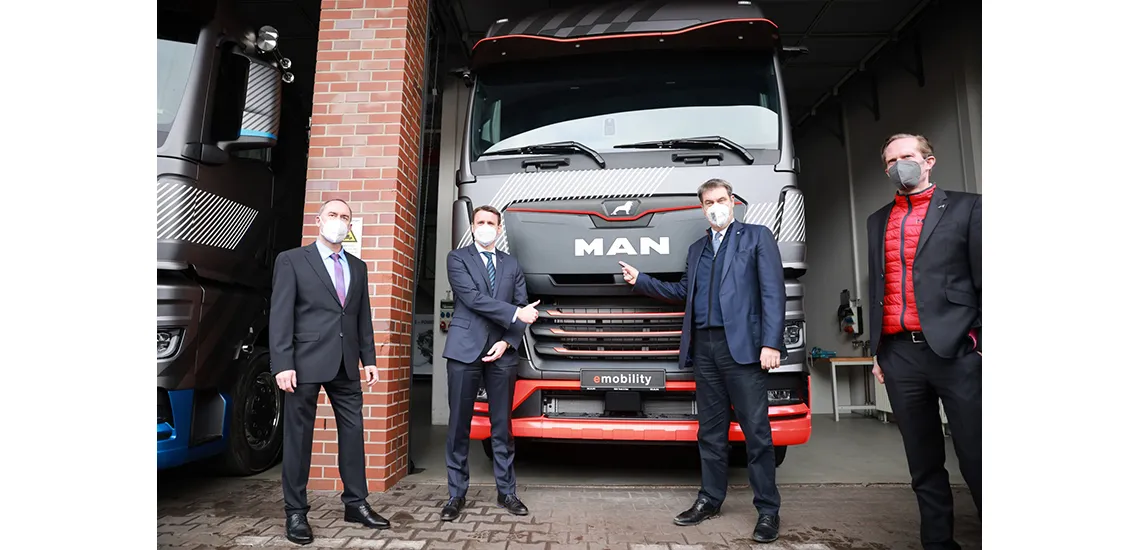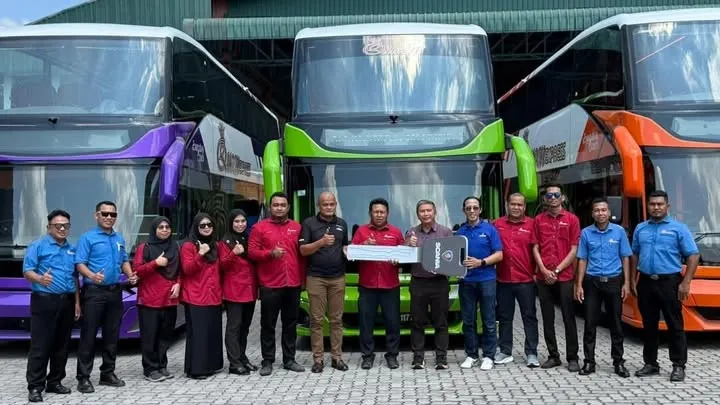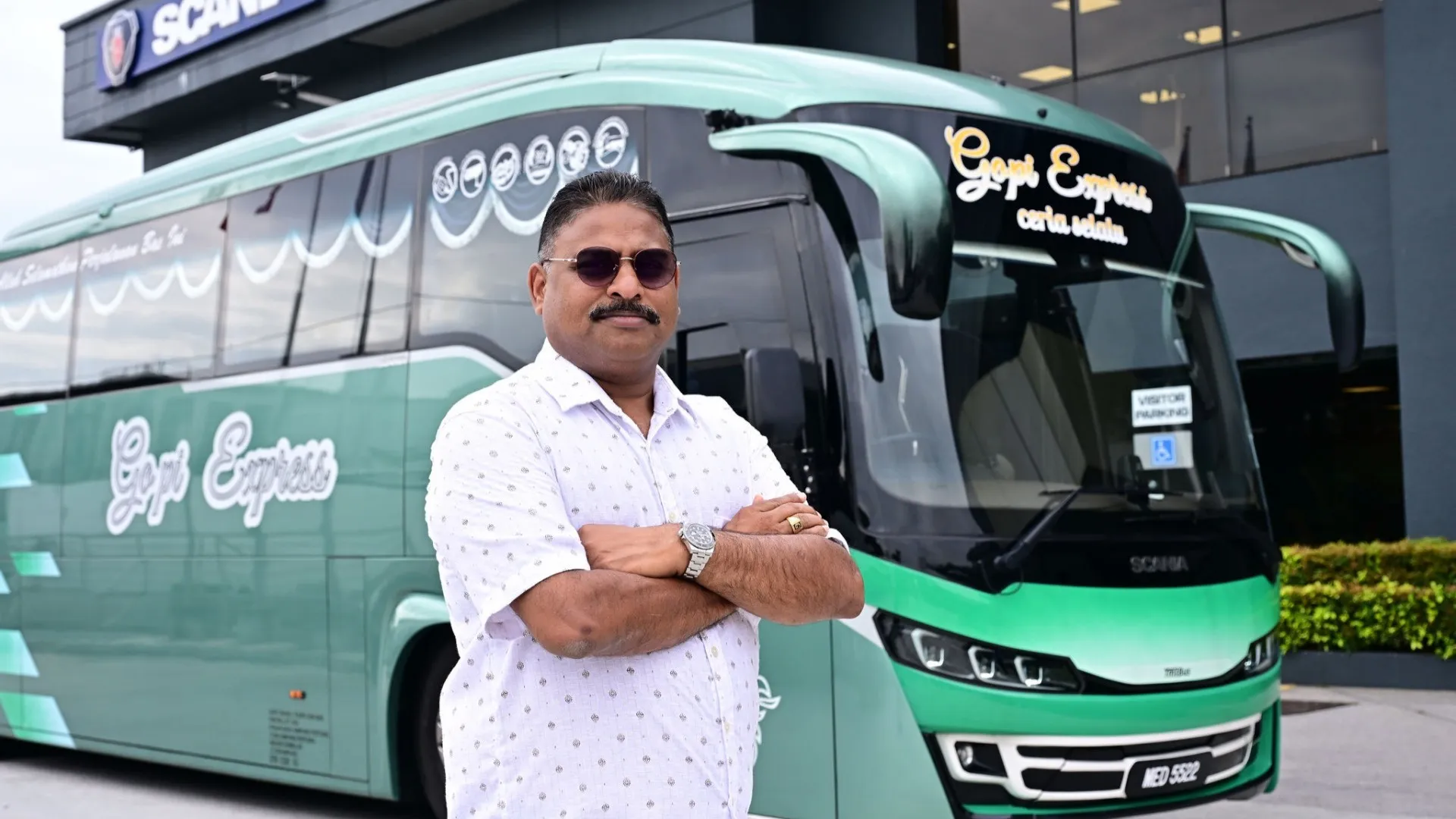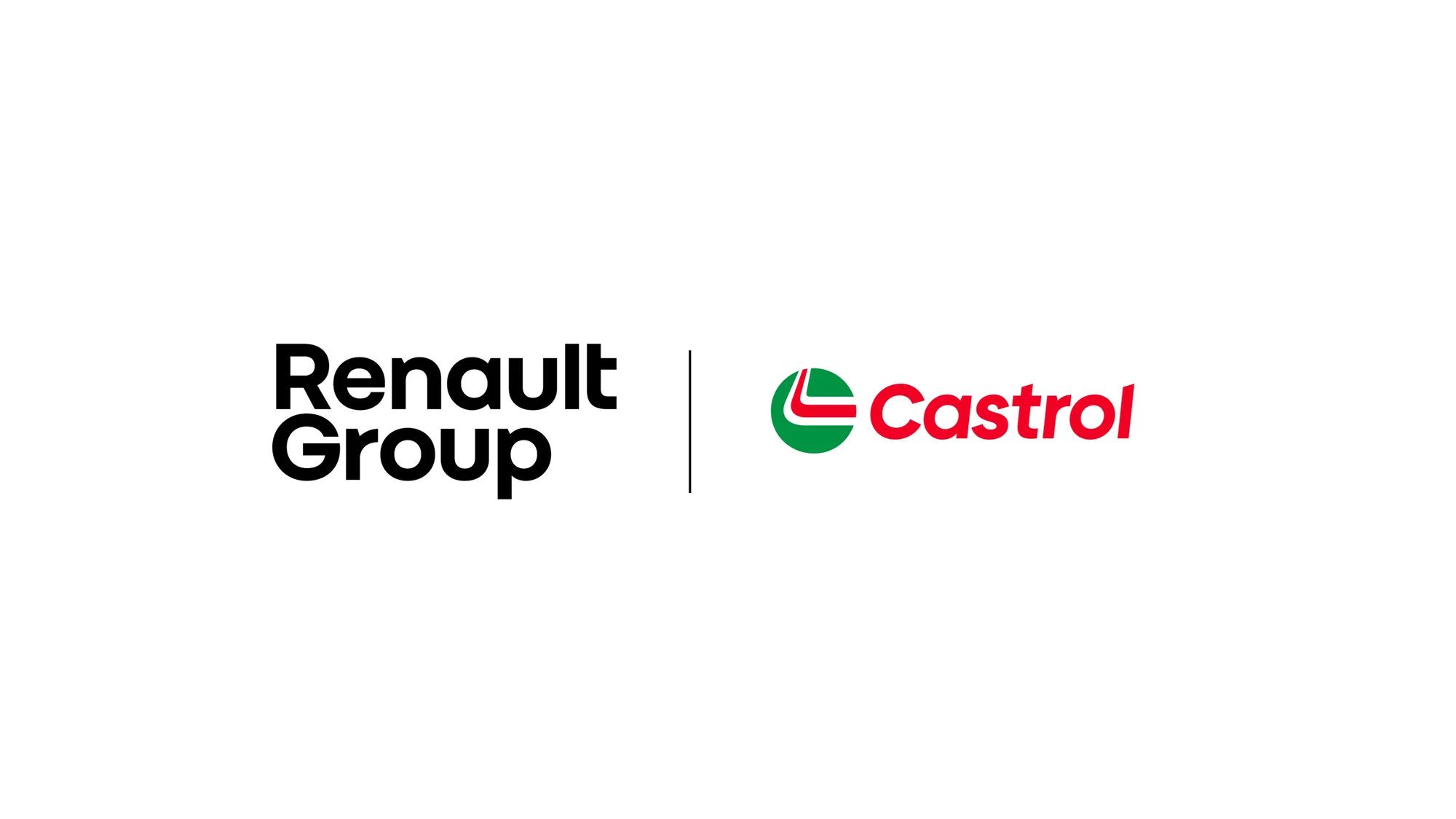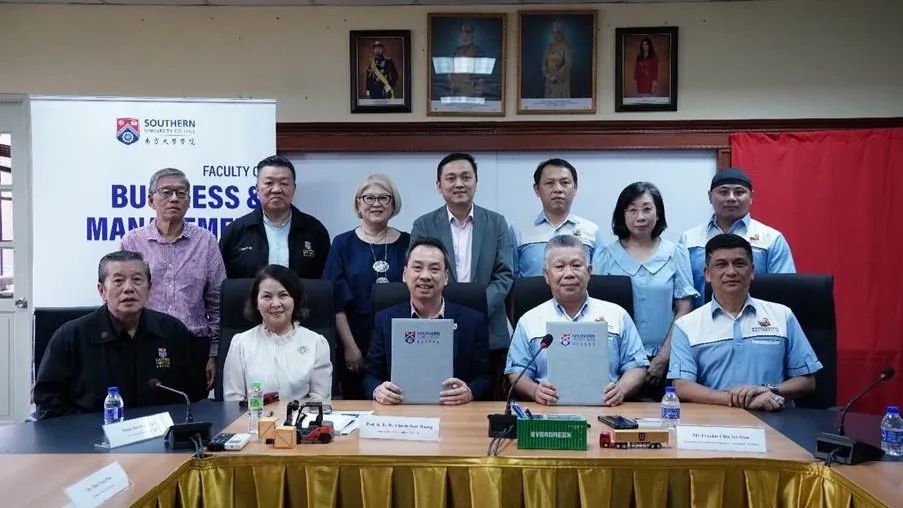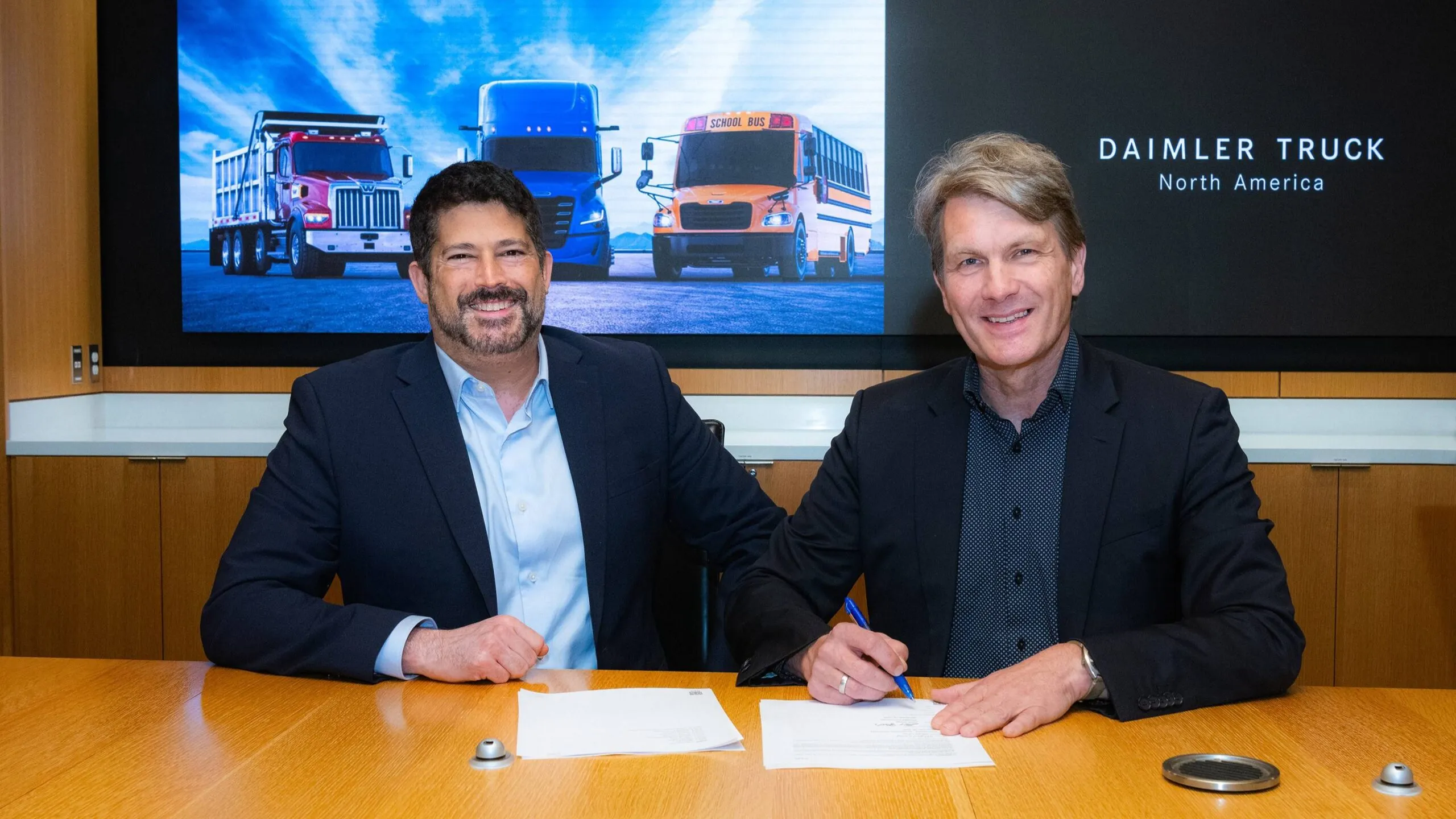MAN Truck & Bus is accelerating the change to zero-emission commercial vehicles.
MAN Takes a Big Step Towards Zero Emission
Production of heavy-duty e-trucks in Munich is now scheduled to begin as early as the beginning of 2024 with prompt delivery of an initial 200 units. This is almost a year earlier than originally planned. MAN presented a near-production prototype of the new electric truck to the public for the first time recently in Nuremberg.
In addition to the new emission-free drives, MAN is developing comprehensive eMobility solutions that prepare customers for vehicle use at an early stage. “We need to drive the electrification of our fleet even faster. However, we will only succeed in ramping up e-mobility if we support our customers in their transition and convince them to do so. To this end, we are creating integrated digital solutions and charging offers,” explains Alexander Vlaskamp, CEO of MAN Truck & Bus.
Additionally, toaccelerating the ramp-up of electric mobility, the commercial vehicle manufacturer is intensifying its research into hydrogen mobility. To this end, Bavarian Minister-President Markus Söder and Bavarian Minister of Economic Affairs Hubert Aiwanger today presented a funding commitment of 8.5 million euros for the “Bavarian Fleet” (Bayernflotte) project. In 2024, MAN trucks with hydrogen fuel cells are to prove their suitability at five customers in Bavaria.
“The Future starts now – We pave the road to Zero Emission” – this was the motto under which the Munich-based commercial vehicle manufacturer MAN Truck & Bus received representatives from politics, science and industry in Nuremberg to present a near-series electric truck and to give the starting signal for an important hydrogen future project.
The fact that battery-electric and hydrogen-powered fuel cell drives go hand in hand technologically and build on each other was underlined by MAN with the first presentation of the battery-electric prototype based on the new MAN Truck Generation. The electric motor, which draws its energy from batteries, is the starting point. BEVs (Battery Electric Vehicles) already offer the basic technology that combines customer requirements for cost-optimised, practical solutions with the striving for sustainability and climate neutrality in MAN‘s trucks, buses and vans. As a supplement to this, trucks and coaches with H2 fuel cells can be used in the future, as these are based on the BEV powertrain, but replace a large part of the weight-intensive batteries with lighter hydrogen tanks and the fuel cell.
Furthermore, the development of a charging infrastructure remains an essential factor for the transformation of the transport industry. Political support is indispensable here. The Traton Group, the parent company of MAN Truck & Bus, will also make a contribution to this. The internationally active commercial vehicle company wants to help set up a high-performance charging network in Europe as part of a joint venture.
Another reason why hydrogen as an energy storage medium will later become relevant as batteries for commercial vehicles is that green hydrogen will not be available in sufficient quantities in the near future and is likely to be used initially in industries producing steel or chemicals.
A central component on the way to emission-free drives are the vehicle batteries. MAN began building up its own expertise in the assembly of battery packs as early as spring 2021. The nucleus for this is the eMobility Technical Centre at the Nuremberg site, where the first battery packs for e-vehicle testing and internal tests have since been produced in individual production.

